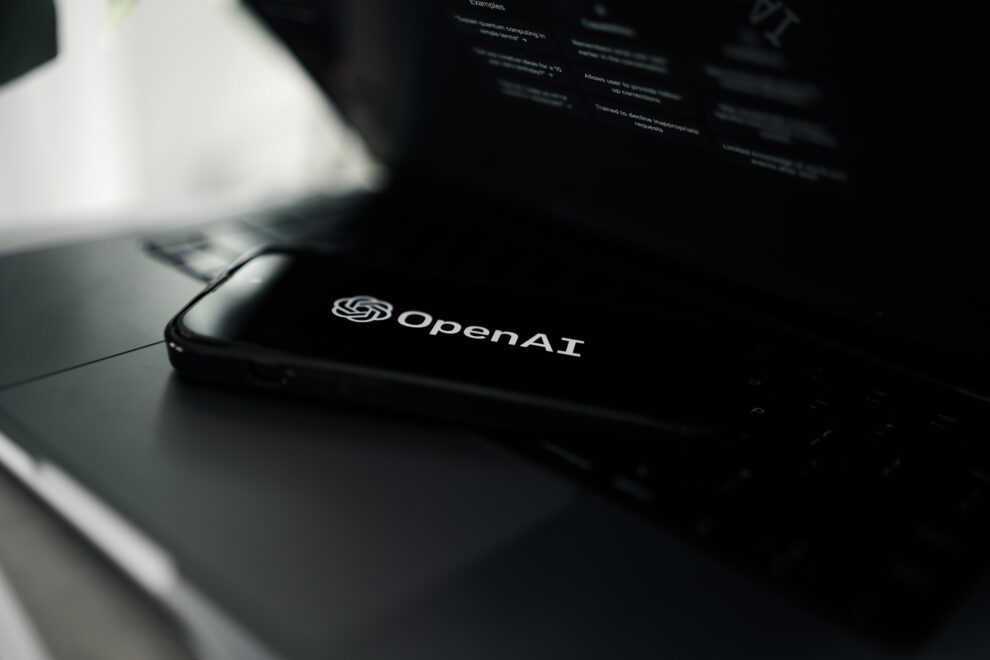Shares in companies that specialize in publishing school textbooks and offering online classes took a big hit on Tuesday after signs emerged that AI-bots such as ChatGPT were eating into their business.
Silicon Valley-based Chegg is an education tech company that provides online homework help and textbooks, and on Monday its CEO admitted that the explosion of generative AI chatbots had hurt revenue.
“In the first part of the year, we saw no noticeable impact from ChatGPT on our new account growth and we were meeting expectations on new sign-ups,” Chegg CEO Dan Rosensweig told analysts on Monday.
“However, since March we saw a significant spike in student interest in ChatGPT. We now believe it’s having an impact on our new customer growth rate,” he added.
Specifically, the 18-year-old company reported a sales drop of seven percent over one year as well as a five percent fall in subscribers.
The admission sent shockwaves through the ed tech sector pushing Chegg’s share price down by almost 50 percent and hammering similar companies such as UK-based Pearson, that lost 15 percent in London.
The chief executive insisted that the students’ pivot to ChatGPT was a blip and that clients who kept their faith in the company’s products “continue to choose us and retain us at high rates.”
He also said it launched its own AI-powered tool called CheggMate, that was tailored to students and based on GPT-4, the latest iteration of the technology created by Microsoft-backed OpenAI and that powers ChatGPT.
Chegg has in the past faced the same accusations addressed to ChatGPT of providing students with readymade ways to cheat, especially during the Covid-19 pandemic when test-taking was largely taking place online outside a teacher’s supervision.
While ChatGPT-style AI has largely been seen as a boon for the economy, the implosion in education tech stocks was the clearest example yet of the technology’s capabilities assailing a company’s bottom line.
Given the technology’s untested nature, experts believe that the companies most vulnerable to AI for now are businesses that require little specialization – such as call centers or tutoring services as offered by Chegg and others.
For the time being, “you’re only going to see very specific kinds of tasks that people are willing to farm out to generative AI,” said Vishal Gupta, an associate professor at the USC Marshall School of Business.
These tasks are going to be “lower stakes” given the uncertainties about the technology, he added.
